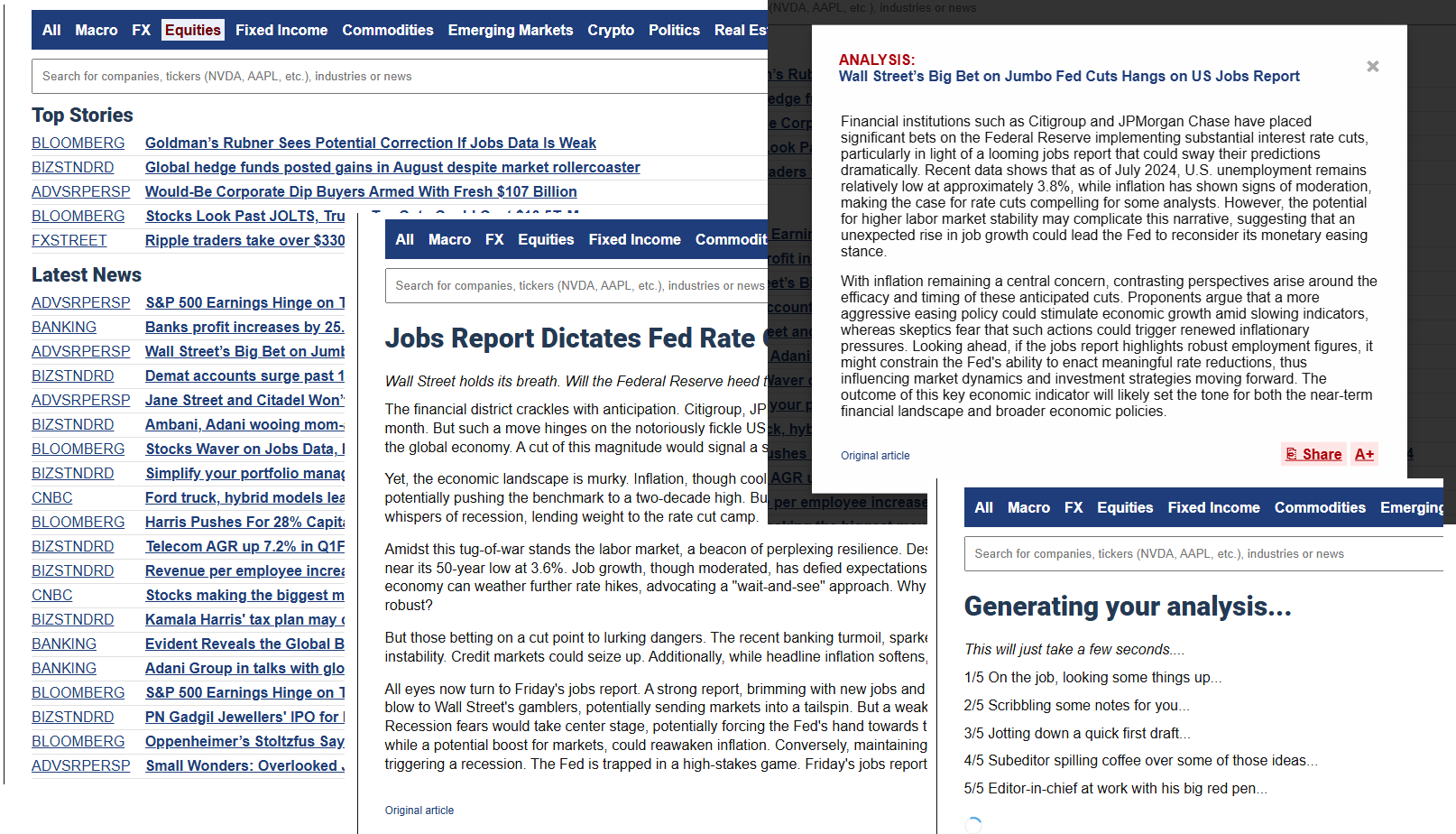Anglo American Sells Coal Stake Embracing Green Future
In an emblematic shift, Anglo American Plc has confirmed the sale of its 33.3% stake in the Australian coal mining company Jellinbah Group to Zashvin Pty Ltd. This decisive action underscores the company's strategic pivot away from coal, a resource increasingly under scrutiny due to environmental regulations and decreasing demand due to climate change. This move aligns with global trends as nations embrace sustainable energy, with Anglo American redirecting focus towards essential metals like copper and lithium, critical for the rapidly growing electric vehicle and renewable energy industries. This shift represents more than a singular corporate strategy; it mirrors a broader industry-wide movement where coal, once a dominant energy source, is becoming obsolete as reliance on sustainable alternatives grows. The dwindling demand and environmental challenges associated with coal make this divestment a logical step for the company.
Anglo American's sale is not an isolated incident but part of a larger global trend reflecting a rapidly evolving energy landscape. Across the globe, coal-reliant industries and countries face mounting pressure to transition towards cleaner energy sources. In many cases, this pressure comes not only from regulatory bodies but also from shareholders and investors who prioritize sustainability in their investment decisions. The transformation of the global energy market is clearly evidenced by the shift in investment from traditional fossil fuels to renewable resources and technology-driven solutions that promise greater efficiencies and reduced environmental impact.
Conversely, different regions worldwide grapple with these changes in varied ways, leading to diverse economic strategies. In South Africa, tension builds around balancing economic incentives for oil exploration against stringent environmental regulations. Recent amendments in oil laws highlight a complex tug-of-war between fostering economic investment and maintaining sustainability standards, underscoring the broader global struggle to reconcile economic and environmental priorities.
Meanwhile, in the Middle East, nations like Oman are diverging from their oil-dependent roots by capitalizing on new economic opportunities. Oman's decision to sell 49% of its methanol and LPG unit in an IPO is indicative of the region's broader strategy to diversify economies and reduce oil dependency, thus opening up new avenues for capital growth and investment. This reflects a broader determination among Gulf states to future-proof their economies by transitioning away from a reliance on fossil fuels.
Businesses worldwide are also realigning their strategies to adapt to fluctuating economic climates. Warren Buffett's Berkshire Hathaway exemplifies this with its noticeable reduction of a substantial stake in Apple Inc., despite its considerable cash reserves surpassing $325 billion. This move reflects broader concerns over perceived overvaluation in the tech sector and underscores a cautious approach towards investments that promise more sustainable returns amid global economic uncertainties.
The global economic landscape is further complicated by emerging political strains, as upcoming U.S. elections bring societal divides to the forefront. Issues such as geopolitical tensions, including conflicts in Gaza and Lebanon, and economic concerns over job markets and inflation amplify voter apprehension. This evolving political backdrop influences and complicates economic strategies at both corporate and national levels.
Within retail sectors, turbulence continues with companies such as Franchise Group Inc. filing for Chapter 11, illustrating the ongoing struggle for firms heavily dependent on consumer spending during times of economic contraction. This situation highlights the broader vulnerabilities of businesses in discretionary sectors, facing diminishing consumer expenditure and heightened competition in a challenging market environment.
In contrast to Anglo American's sustainability-driven move, China's major coal companies are taking a different approach by expanding their power generation capabilities. This strategy leverages existing resources to address the nation's electrification and low-carbon goals, demonstrating a nuanced approach that balances current dependencies with future environmental commitments.
Regions like South Africa face unique challenges, with policy inconsistencies and evolving regulatory frameworks creating investment unease. The task of aligning regulatory structures with market demands remains paramount for establishing a favorable investment climate in resource-rich areas, directly impacting their economic trajectories.
As stakeholders across the world continue to navigate these profound shifts, the ongoing interplay between economic strategies, energy policies, and political initiatives shapes the global economic narrative. These transformations symbolize an era characterized by adaptability and preparedness to address unprecedented economic changes driven by sustainability concerns and technological advances.
Adapting to these changes entails a comprehensive understanding of emerging sustainability trends, technological innovations, and socio-political dynamics. Balancing these demands with market needs and ethical considerations is vital in crafting strategies that align with global imperatives. This marks a new chapter where businesses and countries alike must align their strategies with the global rhythm of economic, environmental, and social change.
AI-Powered trading insights: join our email list
Real-Time Market Analysis
Get instant insights on market trends, news impact, and trading opportunities.

